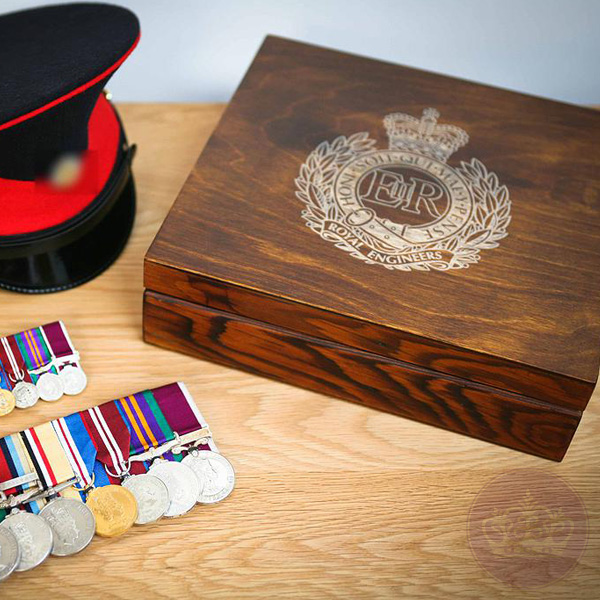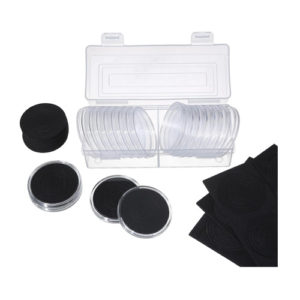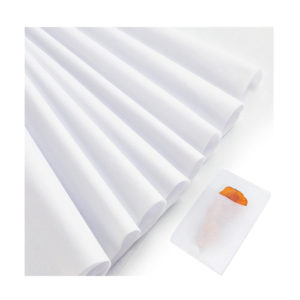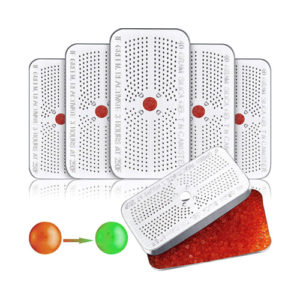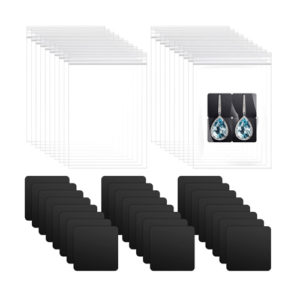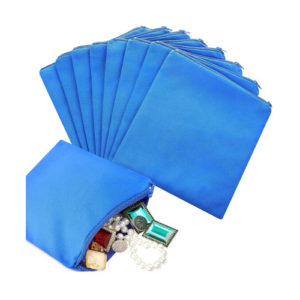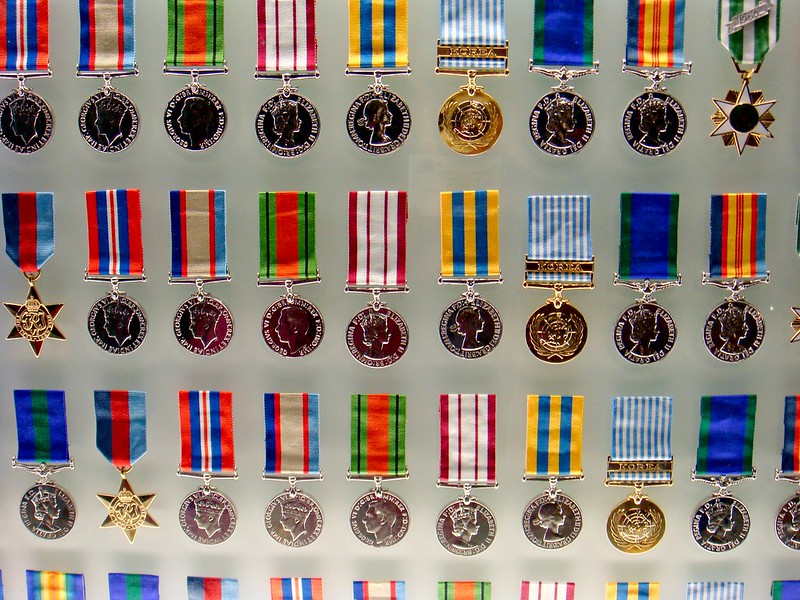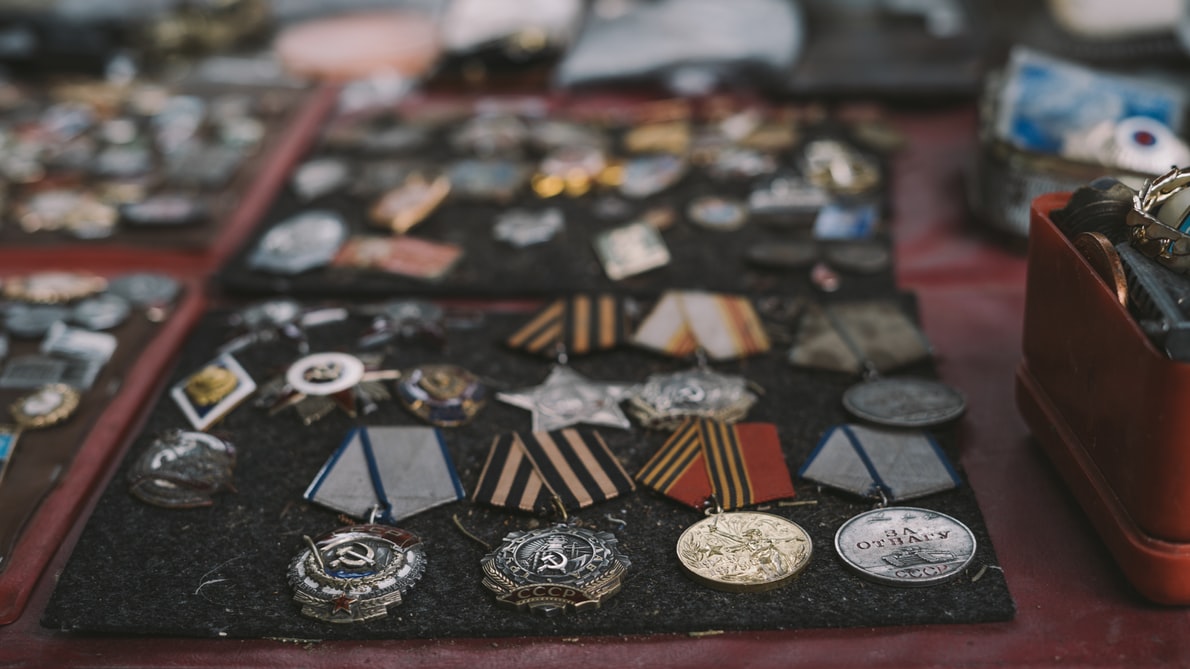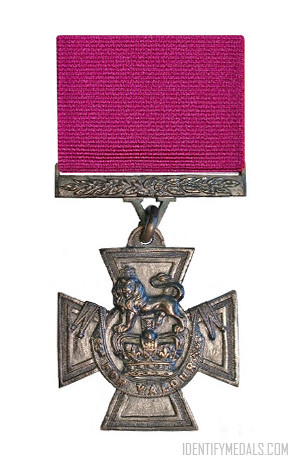Selecting the appropriate storage method for your collection of medals, awards, and badges is one of the most crucial aspects of preserving their condition and value. Proper storage helps protect these valuable items from potential threats like dust, moisture, and oxidation, ensuring they remain in pristine condition for generations to come. So, here’s all you shoudl know about choosing the right storage method, including the various options available.
By keeping these aspects of choosing the right storage method in mind, you will be able to better understand the significance of safeguarding your medals make informed decisions regarding storage solutions to ensure the longevity and integrity of their valuable.
Dust and Debris Protection
Dust and debris can accumulate on medals over time, affecting their appearance and potentially scratching their surfaces. The main problem, in this case, is that dust particles may contain abrasive materials that can mar the delicate details of a medal.
There are two solutions I find quite helpful for storing medals and protect them from dust and debris. These are coin capsules and acid-free paper.
Store Medals Using Coin Capsules
These clear, plastic capsules provide individual protection for each medal. They shield medals from dust, moisture, and physical contact while allowing you to view the item without removing it from the capsule.
These capsules, in essence, combine functionality with the privilege of admiring your medals’ intricate details, ensuring your prized possessions remain as captivating as ever.
Store Medals Using Acid-Free Tissue Paper
Wrapping your medals in acid-free tissue paper can add an extra layer of protection, especially when storing multiple medals together in a display case or folder.
This precaution proves particularly invaluable when you gather multiple medals, uniting them within a display case or a meticulously organized folder.
Moisture Protection
Moisture can lead to corrosion, tarnishing, and irreversible damage to medals, particularly if they are made of metals susceptible to oxidation, such as copper or bronze. This insidious menace, if left unchecked, can unleash a cascade of destructive processes that compromise the appearance, historical significance, and monetary value of these precious keepsakes.
Protecting Medals From Corrosion, Tarnishing, and Irreversible Damage
Moisture is a catalyst for corrosion, a process by which metals react with oxygen and water to form oxides or hydroxides. In the case of medals made from copper or bronze, exposure to moisture initiates a chemical reaction that gradually eats away at the surface of the metal. This corrosion manifests as unsightly green or brownish patches, commonly known as patina. Now, the worst thing about corrosion is that it not only mars the aesthetic appeal of the medal but also weakens its structural integrity over time.
Tarnish, often synonymous with discoloration or dullness, is another adverse effect of moisture on medals. When water vapor in the air combines with sulfides or other contaminants present on the medal’s surface, it forms compounds that result in tarnish. The outcome is a loss of the medal’s original shine and brilliance, as well as the potential for a less attractive appearance overall.
However, the most concerning consequence of moisture exposure is the potential for irreversible damage. Over time, the corrosive effects of moisture can penetrate deep into the metal, causing pitting, surface erosion, and structural weakening. Once these damages occur, they are often challenging, if not impossible, to reverse or repair.
Store Medals Using Silica Gel Packets
Placing silica gel packets within your storage containers can help absorb excess moisture and maintain a controlled humidity level.
These small but mighty agents of moisture management tirelessly engage in the task of absorbing any unwelcome moisture, ensuring that your stored items remain shielded from the ravages of dampness and subsequent deterioration.
Store Medals Using Desiccant Boxes
These boxes are specifically designed to regulate humidity and protect items from moisture damage. Remarkably, these boxes not only prioritize humidity control but also frequently incorporate airtight seals, creating an impervious barrier that steadfastly safeguards your items from the perilous effects of environmental moisture.
In essence, they are the vanguards of preservation, fortifying the longevity and integrity of your valuable belongings.
Oxidation Prevention
Oxidation is a natural chemical process that takes place when metals, particularly those containing elements like copper or bronze, interact with oxygen and moisture from the surrounding environment. This reaction, while often gradual, can have profound consequences for the appearance and longevity of medals, making it a significant concern for collectors and enthusiasts.
Protecting Medals From Discoloration and Deterioration
One of the most immediate and visually noticeable effects of oxidation is discoloration. When medals react with oxygen and moisture, they often develop an undesirable patina. This patina can appear in various colors, such as green, brown, or blue, depending on the type of metal and the specific conditions of exposure. This discoloration can significantly detract from the medal’s original luster and visual appeal.
Beyond discoloration, the oxidation process can lead to the physical deterioration of the medal’s surface. As metals react with oxygen, they form metal oxides or hydroxides, which can weaken the structure of the medal over time. This weakening can manifest as pitting, cracking, or surface erosion, all of which compromise the medal’s integrity.
Store Medals Using Anti-Tarnish Strips
These strips contain chemicals that absorb airborne contaminants, including sulfur compounds, which can accelerate oxidation.
When strategically positioned within your storage containers, these indispensable anti-tarnish strips become vigilant sentinels, tirelessly working to thwart the insidious advance of tarnish, thereby playing a pivotal role in the prevention and mitigation of this undesirable effect.
Store Medals Using Zip-Lock Bags with Anti-Tarnish Lining
These bags combine the benefits of airtight sealing and anti-tarnish protection, making them an excellent choice for small collections or individual medals.
This combination makes them a superlative choice, particularly well-suited for accommodating small collections or safeguarding individual medals.
Other Considerations
Handling medals with clean hands or gloves is vital to avoid transferring oils and contaminants. Periodic cleaning using mild, non-abrasive methods can also help maintain the condition of your medals and collectibles.
Always try to store your medals in a stable environment, away from direct sunlight, extreme temperatures, and humidity fluctuations, as these can accelerate deterioration.
Lastly, keep in mind that, while protective storage is essential for long-term preservation, you may also want to consider display options that allow you to enjoy their collection while keeping the medals safe. For example, display cases.

